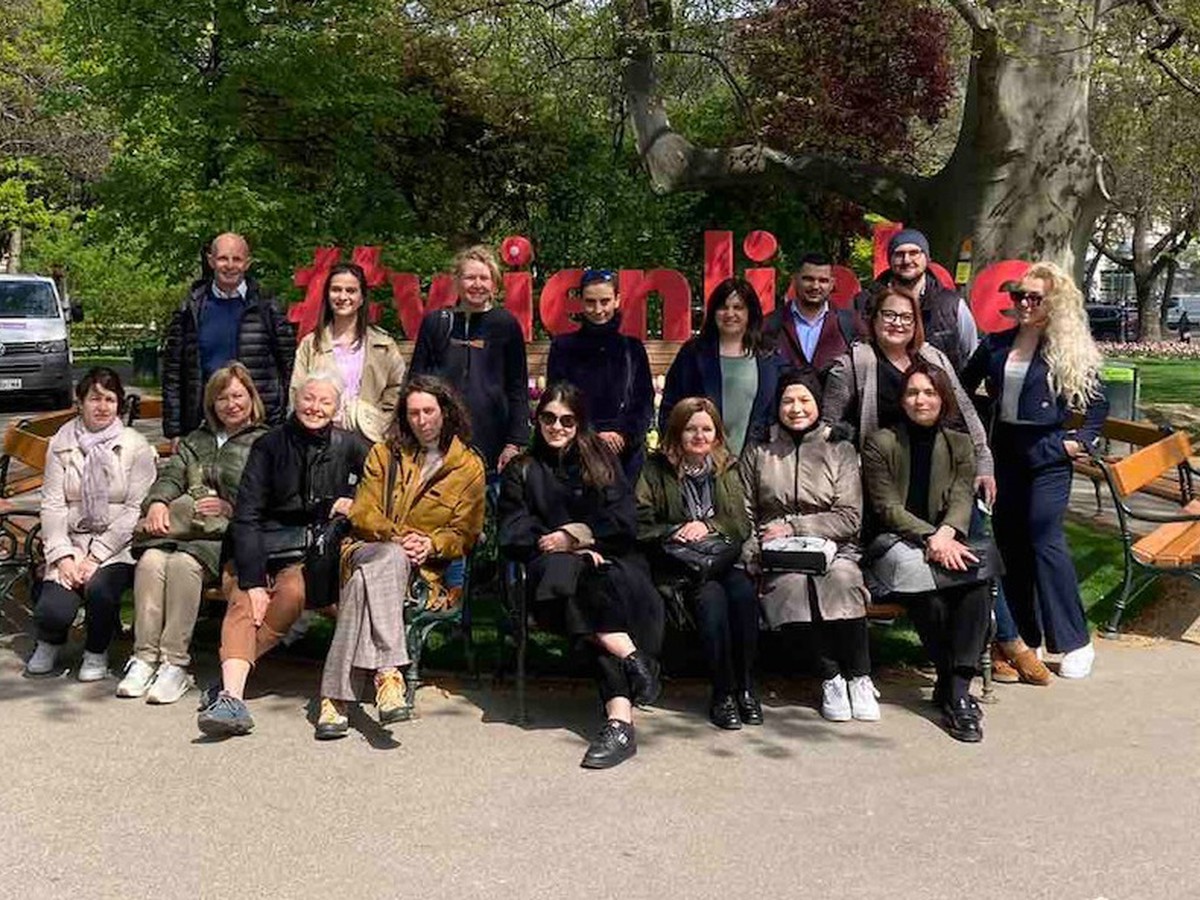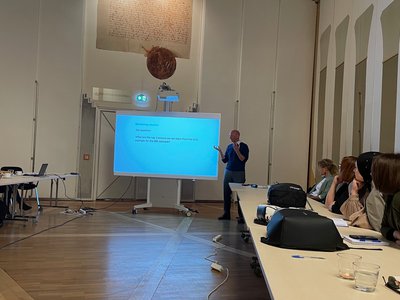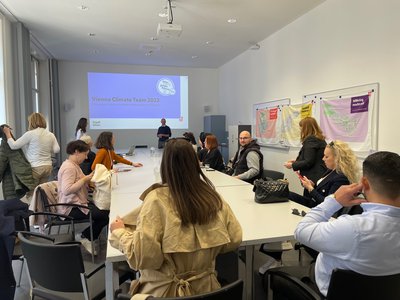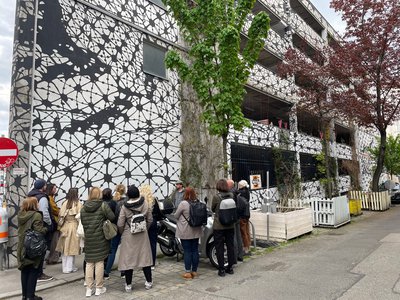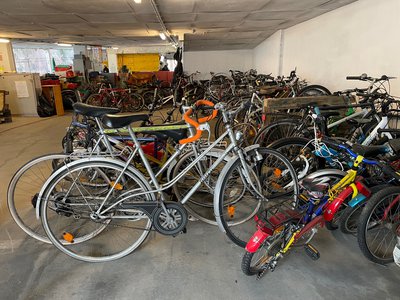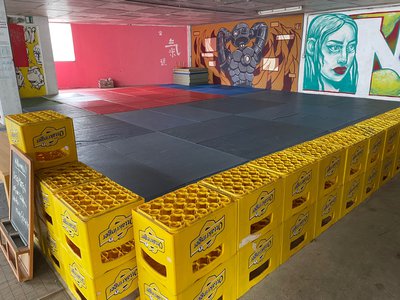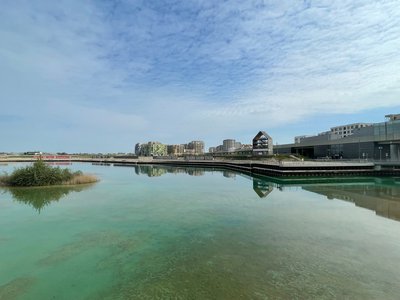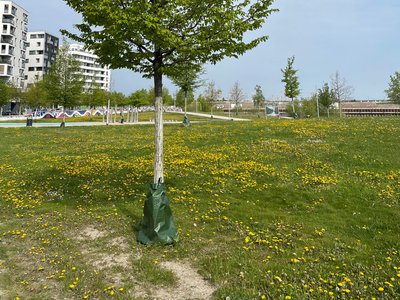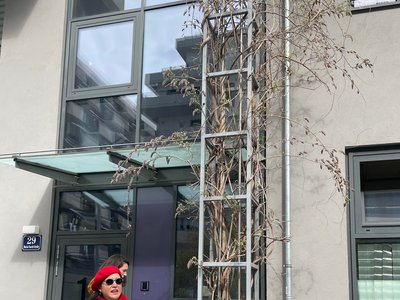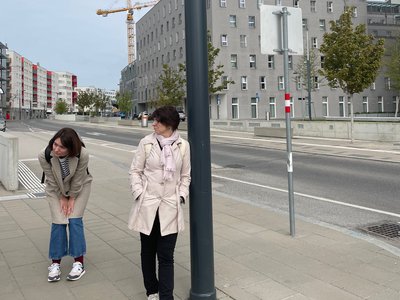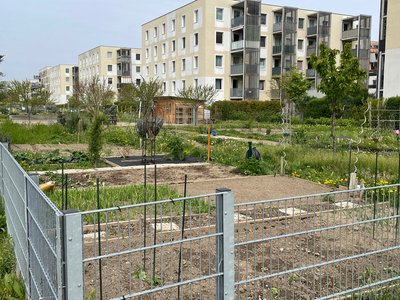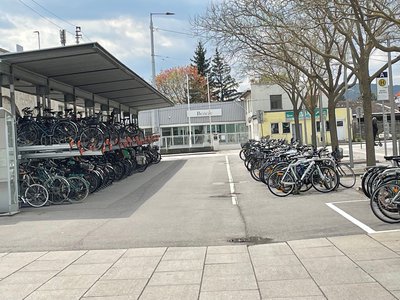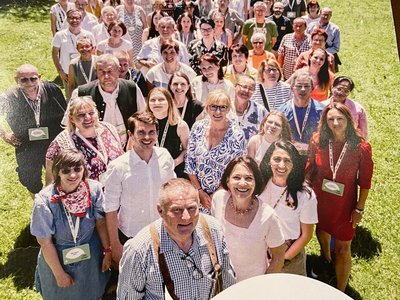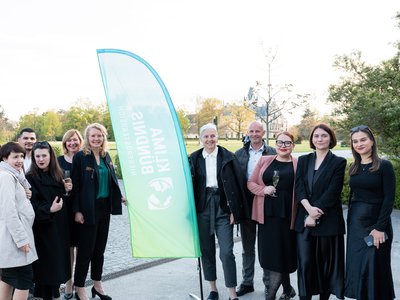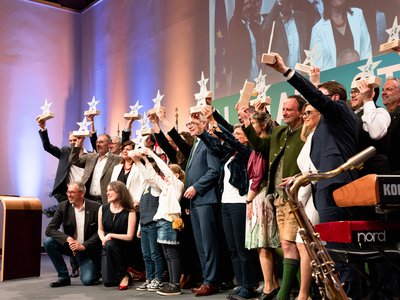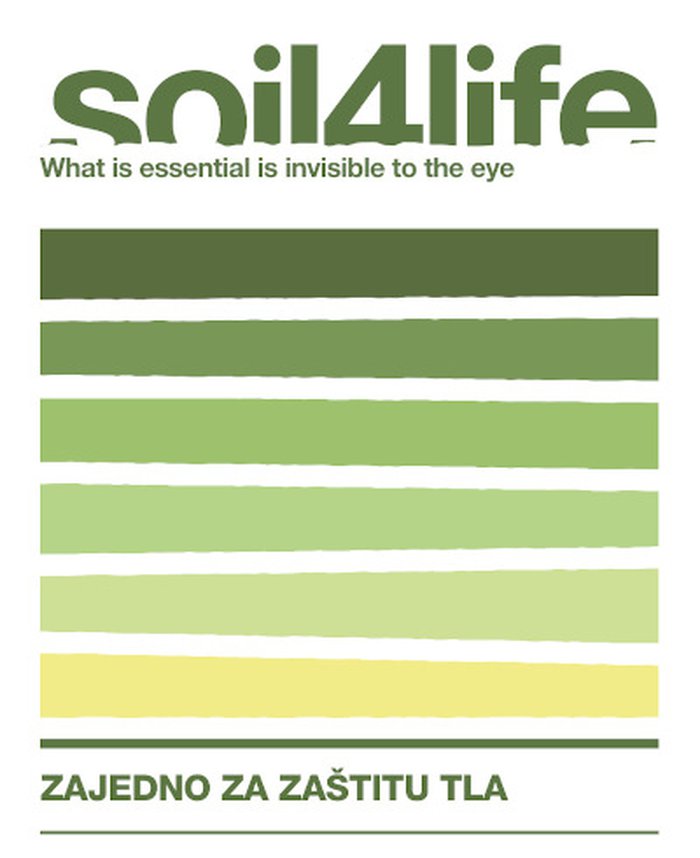From April 25 to 28, representatives of Green Istria participated in a study visit to Vienna and its surroundings, aimed at learning about local, regional, and national climate policies and exploring best practices in climate change mitigation and adaptation. Participants included representatives from the City of Pula (a pilot region) and civil society organizations such as Udruga Zona from Poreč, alongside partners from Albania and Bosnia and Herzegovina. The visit was organized by CIPRA International as part of the Climate Bridges project.
Cross-Border Climate Cooperation
The program began with a visit to Austria’s Federal Ministry for Climate Action, where participants were introduced to the Alpine Convention and the Alpine Climate Board – initiatives that promote sustainable development and protect the unique characteristics of the Alps through legally binding international cooperation.
Citizen Participation in Climate Policy
At Vienna’s City Hall, the Climate Team initiative was presented – a participatory project that invites citizens to submit proposals for sustainable urban improvements. A simplified submission process and active outreach help ensure inclusivity, particularly for marginalized groups. Selected ideas receive funding and are implemented by the relevant city departments.
Garage Grande – Temporary Use for Community Benefit
The group visited Garage Grande, a creative reuse of a private parking garage transformed into a multifunctional space for urban gardening, bike repair, and community activities. The project thrives on citizen initiative, inclusivity, and the support of the garage’s owner, who covers utility costs.
Austria’s Citizens’ Climate Council
Werner Fischer, a participant in Austria’s Citizens’ Climate Council, shared insights into this innovative democratic process. One hundred randomly selected citizens worked over six months to develop over 90 climate policy recommendations. While not yet adopted, many participants remain engaged, advocating through a newly formed civic association.
Seestadt – Sustainable Urban Development
In Vienna’s Seestadt district, urban development combines climate adaptation with social inclusion. More than 70% of housing is social or subsidized, and the area prioritizes pedestrians, cyclists, and public transport. Green infrastructure, rooftop gardens, and water-conscious design further support climate resilience.
Sustainable Mobility in Baden
The small city of Baden showcased strong examples of climate-smart transport and energy efficiency. Well-integrated public transport, extensive cycling infrastructure, and passive building design highlight the city’s commitment to sustainable urban living.
Climate Star Awards
The visit concluded with the Climate Star awards ceremony, recognizing outstanding local government projects in climate action across Europe. Initiatives included community energy cooperatives, circular economy centers, and climate impact assessment tools.
About the Climate Bridges Project
Climate Bridges strengthens transnational cooperation on climate protection in Southeast Europe. Led by CIPRA Lab and partners from Croatia (Green Istria), Bosnia and Herzegovina (CENER 21), and Albania (URI), the project promotes exchange among pilot municipalities and civil society on urban climate policy. It is supported by the European Climate Initiative (EUKI) of the German Federal Ministry for Economic Affairs and Climate Action.

